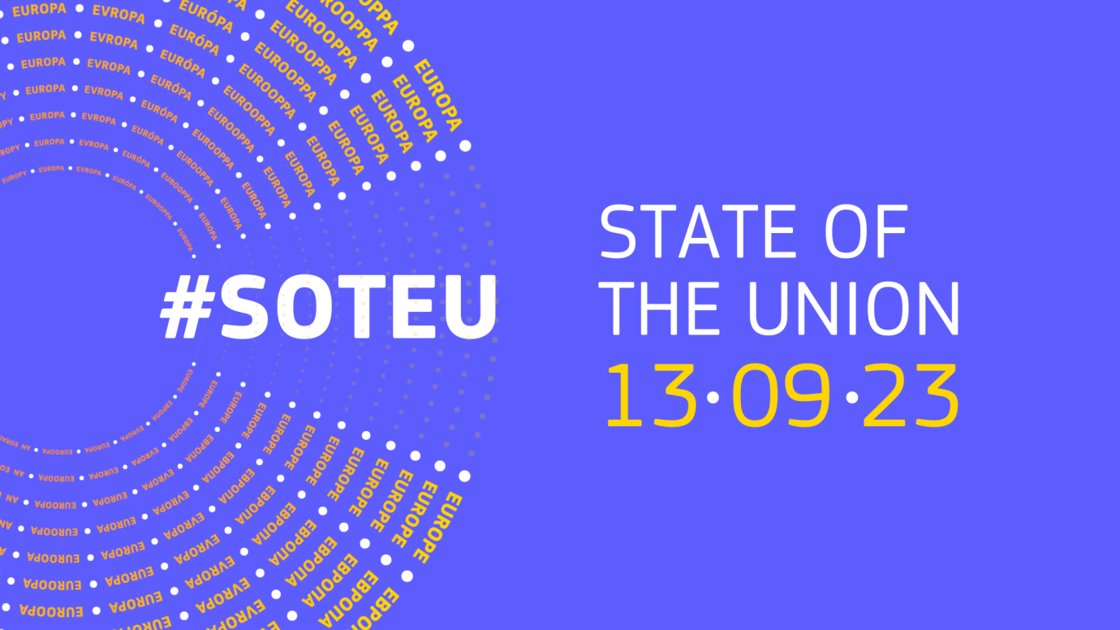In her State of the Union address, President von der Leyen put a green industrial strategy, a Just Transition, job quality, social dialogue and fair trade competition at the top of the EU’s agenda for the last months of her mandate.
These are the right priorities to secure workers’ support for EU action. Industry is struggling with the polycrisis and the Commission President’s commitment that the EU will continue to support EU industry – a key demand of industriAll Europe - has been heard loud and clear. It is a message that European industrial workers, worried about the future of their jobs and communities, needed to hear.
This commitment now needs to be translated into concrete and effective initiatives that make a difference for workers. Industrial workers will be watching with keen interest the initiatives announced, such as the "Clean Transition Dialogue", the "Val Duchesse Social Summit" or the "EU Wind Power Package". Expectations and stakes are high.
We also welcome the launch of an anti-subsidy investigation into electric vehicles imported from China. The transition to zero emission vehicles must be based on innovation, fair competition and a Just Transition, not on dumping.
Concerns
Some of the announcements are cause for concern. In particular, the mantra of “making it easier to do business in Europe” and the target to reduce reporting obligations by 25%.
Simplifying and speeding up procedures is a legitimate goal if it does not undermine other policy objectives. And sometimes, meeting policy objectives requires reporting, verification and inspection on the ground.
We therefore need strong and clear safeguards, notably in terms of workers’ rights, job quality, health and safety at work or the environment.
We also need guarantees that competitiveness will not be built at the expense of job quality. Good wages and good jobs are needed to overcome the cost of living crisis and skills shortages.
Missing
There are themes that we would have liked to see addressed in the State of the Union address.
Social inequalities and extreme poverty are a reality in Europe, exacerbated by the cost of living crisis. President von der Leyen, as too often, did not even look at them. Self-congratulation on the EU gas purchase policy and a vague sympathy for high prices are not enough.
There was no mention of the extraordinary profits made by the wealthiest in society in the form of excessive dividends, share buy-backs or bonuses. Promoting the business agenda while being silent on the needs of those struggling daily with job and income insecurity only fuels mistrust in the EU institutions.
The EU’s social agenda needs to be made much more concrete, including social conditionalities for companies receiving public funds.
